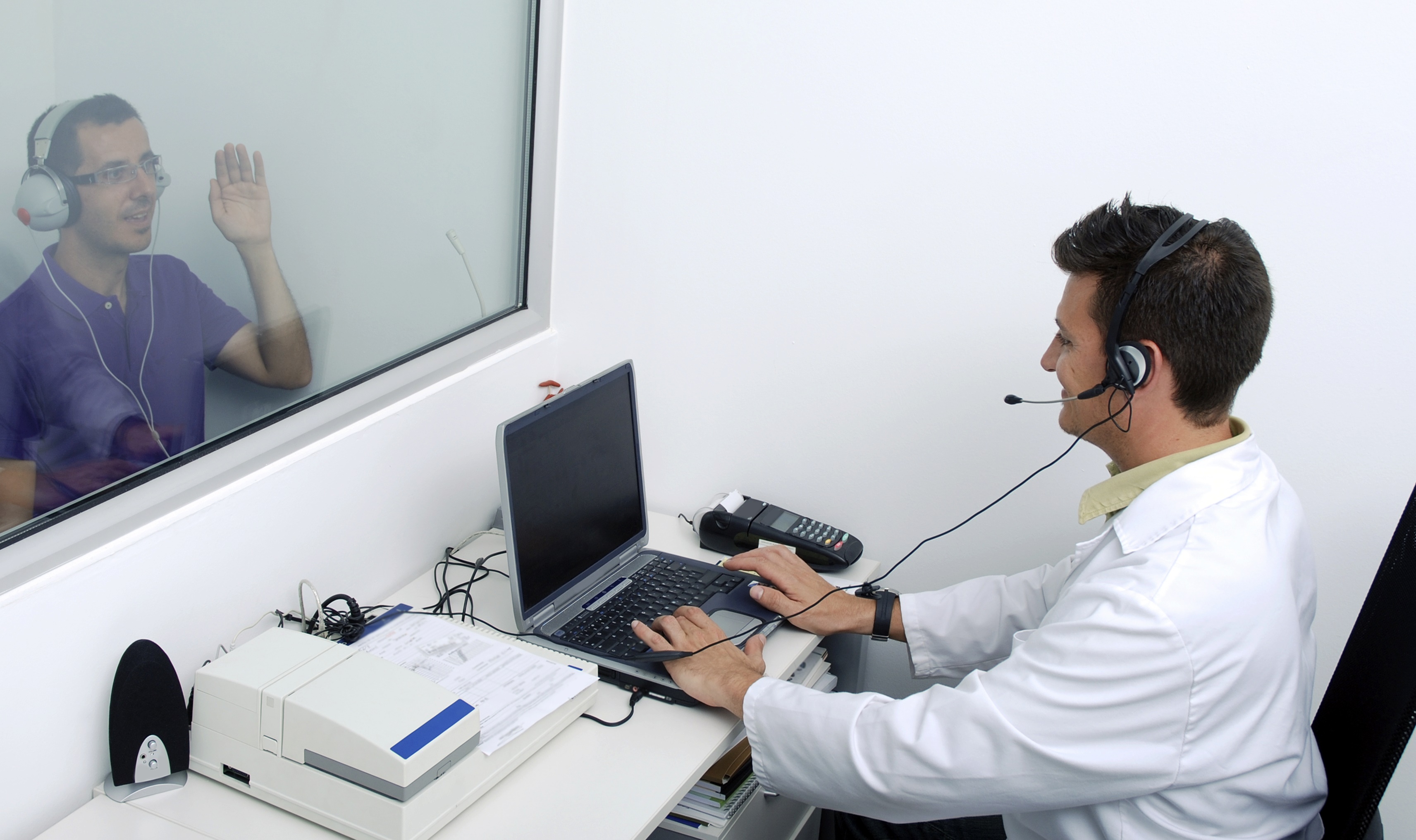
Congratulations on taking the preliminary step toward better hearing by booking your hearing test. You’re already ahead of the game, as many people delay getting a hearing test for years—in some instances decades.
But now that you’ve booked your hearing test, you’ll want to see to it that you’re prepared for the visit, particularly if test results indicate that you could benefit from hearing aids. Choosing hearing aids can be difficult, but if you ask the right questions, your hearing care professional can help guide you to the ideal technology.
To attain the best hearing you can, make sure to ask these five questions at your upcoming hearing test.
1. What kind of hearing loss do I have?
Your hearing care professional will test your hearing using the latest technology, and the results of the test will be printed on a chart known as an audiogram. Make sure your hearing professional reviews the audiogram with you and clarifies:
- The form and extent of your hearing loss. High-frequency hearing loss is most common, and is classified as mild, moderate, severe, or profound.
- How hearing aids will help, and if and why you’d require hearing aids for one or both ears. Hearing loss in both ears is most effectively remedied with two hearing aids, and the audiogram will demonstrate the results for both ears.
2. Which hearing aid is most appropriate for my needs?
Each patient’s hearing loss and hearing needs are unique. The more your hearing professional knows about your way of living, the better they can prescribe the appropriate technology.
If you’re particularly active, for example, you may look into the most up-to-date hearing aid technology with wireless capabilities. If you don’t need all of the special features, on the other hand, a more cost-efficient option is likely a better fit.
3. What are my financing options?
Next up is everyone’s least favorite subject—price. Although you should take into account that the benefits of hearing aids far outweigh the cost (the monthly expense in most cases being less than the cable TV bill), the price can still seem high.
A number of financing opportunities are available that can help cover the expense, although not all options are available to every individual. Nonetheless, you should talk to your hearing professional about some of these resources:
- private insurance (rare but worth inquiring about)
- Medicare and Medicaid
- Veterans Administration benefits
- charitable organizations
- state programs
- financing options (special healthcare credit arrangements)
4. How can I most effectively adapt to my new hearing aids?
Once you’ve picked out your ideal hearing aids and have had them professionally fit, you can head home and immediately hear perfectly without any problems, correct?
Not exactly. Like anything brand new, you’ll need to have some time to adapt. You’ll be hearing sounds you haven’t noticed in a while, your voice may sound different, and the fit of the hearing aid may feel awkward. This is perfectly normal and expected, and will take care of itself in a short amount of time. You just have to be patient.
Ensure that your hearing professional offers guidelines on how to best adapt to your hearing aids, including how to control them and how to learn the features.
5. How do I take care of my hearing aids?
Hearing aids are state-of-the-art and dependable devices that should operate reliably for years. Even so, they will necessitate consistent cleaning and care. Ask your hearing professional about cleaning products and procedures, storage methods, accessories, and battery management.
Additionally, it’s a good idea to have your hearing practitioner professionally clean your hearing aids a few times a year.
As you get ready for your hearing test, keep in mind that obtaining the best outcome requires:
- understanding your hearing loss
- matching your hearing loss and lifestyle to the right technology
- choosing an affordable solution based on your budget
- fitting and programming your new hearing aids
- adapting to and maintaining your hearing aids
With the support of your community hearing care professional—and by asking the right questions—you can ensure the best results and a lifetime of better hearing.